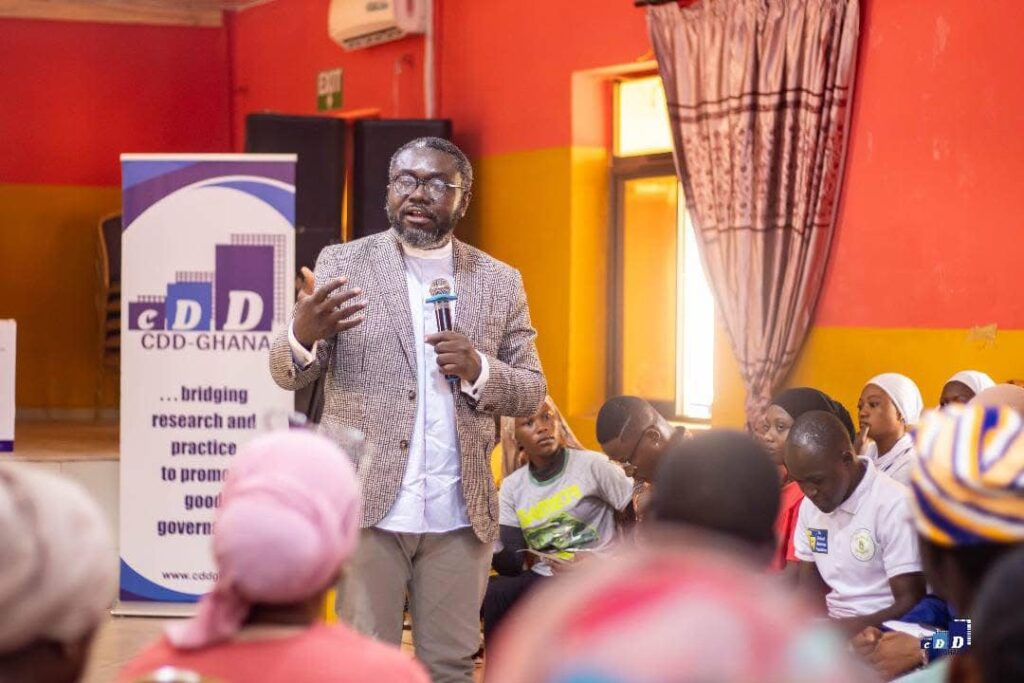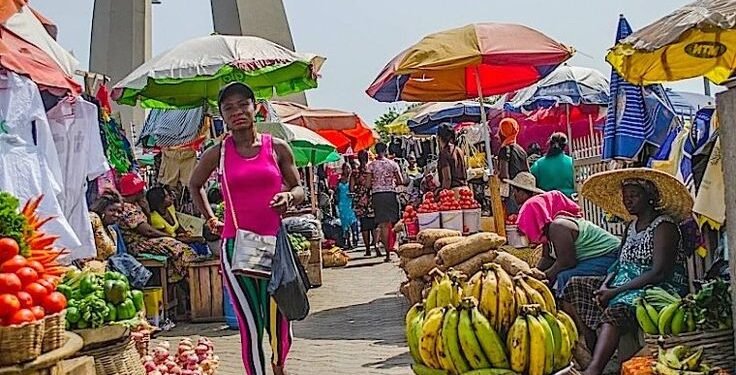The recent decision by President John Dramani Mahama to discontinue the highly contentious contract between the Youth Employment Agency (YEA) and Zoomlion Ghana Limited has been widely hailed as a significant step towards greater transparency and fair labour practices within Ghana’s sanitation sector.
This pivotal decision, communicated via a letter from the Secretary to the President, Dr. Callistus Mahama, directly addresses persistent allegations of labour exploitation and questionable value for money that have long plagued the partnership.
While the move signals the closure of a controversial chapter and promises improved remuneration for sanitation workers, a prominent legal practitioner and activist, Osagyefo Oliver Barker-Vormawor, has swiftly issued a stark warning, cautioning that without more drastic measures, the victory could prove “pyrrhic.”
In his critical analysis, Barker-Vormawor argued that the non-renewal of the primary contract, while welcome, might amount to a “pyrrhic victory” unless stringent, preventive measures are immediately put in place.
His primary concern centres on what he alleged is Zoomlion’s modus operandi: the incorporation of a vast network of affiliated and subsidiary companies, potentially numbering up to 548, often created at a rapid pace to obscure their ultimate ownership and control.
“Unless we open our eyes, there will be a sleight of hand, and Zoomlion will return with a new contract as an omnibus cleaning company”.
Osagyefo Oliver Barker-Vormawor, Legal Practitioner and Activist
Vulnerability of Public Procurement System
His warning highlighted a perceived vulnerability in the public procurement system, suggesting that the same entity could re-enter the bidding process through a newly registered or less-known affiliate, thereby circumventing the spirit of the President’s directive.

He emphasised the need for public vigilance and a thorough understanding of what he termed “the ways of the 4th Republic,” a veiled reference to perceived loopholes or systemic weaknesses that could allow such circumvention.
To prevent this potential scenario, Barker-Vormawor insisted on a more aggressive and legally robust approach.
“Either we disqualify Zoomlion and any of their 548 affiliated and subsidiary companies from participating in any competitive bidding, or we would have secured a pyrrhic victory.”
Osagyefo Oliver Barker-Vormawor, Legal Practitioner and Activist
Enough Legal Basis
He firmly believes there is “enough legal basis to do so,” advocating for a comprehensive blacklisting that extends beyond just the primary Zoomlion entity to encompass its entire corporate web.
Such a measure, he argued, is essential to ensure that the intent of the contract non-renewal – to end exploitative practices and foster genuine competition – is not undermined by corporate manoeuvring.
The heart of the protracted controversy lay in a deeply problematic financial arrangement. Under the terms of the now-expired agreement, Zoomlion, acting as an intermediary, received a substantial GHS 850 per worker from public funds disbursed through the Youth Employment Agency.
Yet, a staggering GHS 600 of this amount was retained by the private contractor as a “management fee,” leaving each street sweeper with a meagre GHS 250 monthly income.

This severe disparity fueled widespread accusations from civil society organisations and labour activists that the partnership disproportionately benefited the private firm, effectively exploiting thousands of sanitation workers who tirelessly cleaned markets, truck stations, and public spaces across Ghana’s Metropolitan, Municipal, and District Assemblies (MMDAs).
The initial petition, spearheaded by renowned investigative journalist Manasseh Azure Awuni, brought these concerns into sharp national focus.
The President’s directive outlined a multi-pronged approach to reform the sanitation management landscape.
Firstly, the letter unequivocally states that the YEA-Zoomlion contract has expired and “will not be renewed,” a definitive stance that brings an end to an arrangement that had long been a source of public dissatisfaction and a significant drain on public finances.
This commitment aims to usher in a new era promising enhanced transparency in public procurement and, crucially, improved remuneration for the thousands of low-paid sanitation workers.
The government’s stated commitment to subject future sanitation contracts to a competitive procurement process, moving away from a single national contract to regional or district-based tenders, aims to reduce costs and stimulate innovation.
Yet, Barker-Vormawor’s warning underscores the challenge of preventing potential bidders from merely shifting corporate identities to re-enter the market.
His concerns highlight a critical tension: while the government aims for greater transparency and fair competition, the alleged deep-seated practices of incorporating new entities to “hide their fingerprints” could pose a significant hurdle to achieving truly equitable and competitive outcomes.

The activist’s intervention serves as a crucial reminder that dismantling problematic structures requires not only political will but also robust legal and administrative safeguards.
The “new era” promised by the government, which includes improved remuneration for sweepers from probable cost savings, will only fully materialise if the procurement process is genuinely open and free from the influence of entities previously associated with exploitative practices.
For Barker-Vormawor, the call for disqualification is not merely about retribution but about ensuring that the systemic issues of value for money and labour exploitation are definitively addressed, preventing their re-emergence under new guises.
READ ALSO: Ghana’s Q1 2025 GDP Shows Positive Rebound























